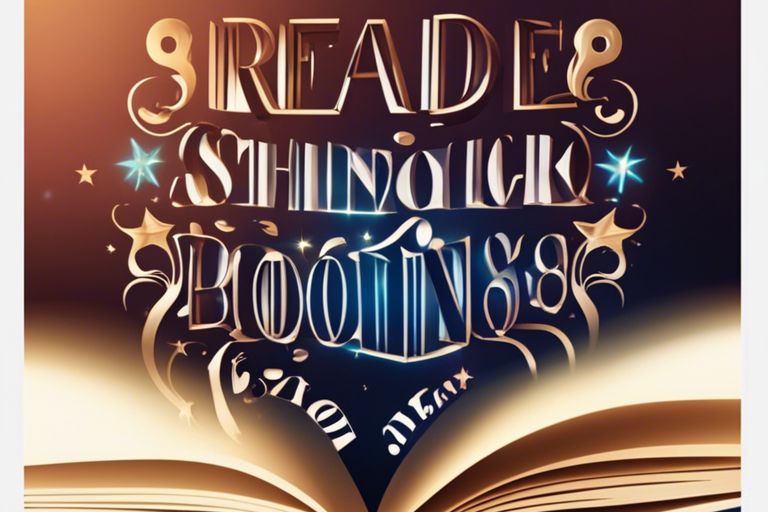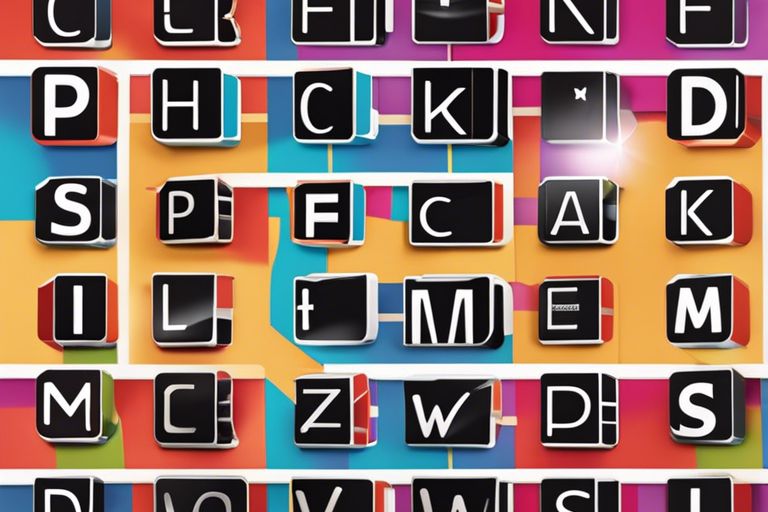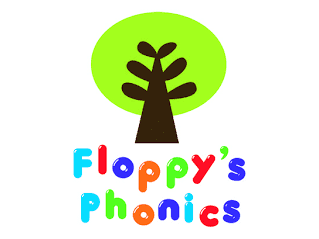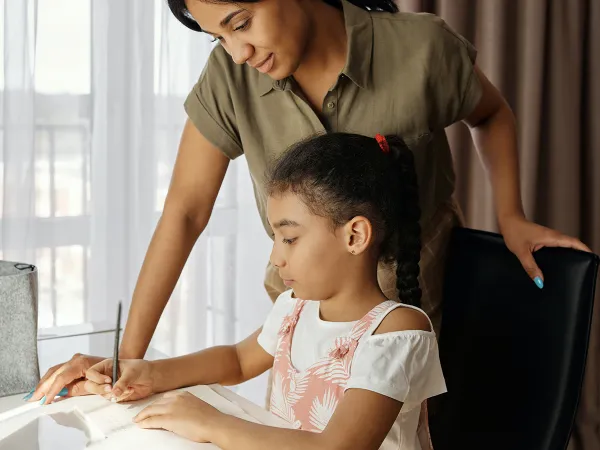
Phonics is a powerful tool that can help improve spelling skills in both children and adults. Here are some tips on how to use phonics to improve spelling:
- Teach phonetic patterns: Begin by teaching the phonetic patterns that are commonly used in the English language. For example, teach the “igh” pattern as in “sigh” or the “ee” pattern as in “meet.” This will help children understand how words are constructed and how different sounds are represented by different letters.
- Break words into sounds: Encourage children to break words into individual sounds and to spell each sound separately.
- Use visual aids: Use visual aids such as charts, flashcards, and posters to help students remember phonetic patterns and rules.
- Practise, practise, practise: Provide students with plenty of opportunities to practice their spelling skills. Give them spelling tests, provide them with spelling worksheets, and have them practice spelling words aloud.
- Encourage reading: Reading is one of the best ways to improve spelling skills. Encourage students to read as much as possible and to pay attention to how words are spelled.
By using these tips, you can help your child develop better spelling skills using phonics. With practise and consistent effort, children can become confident spellers and develop a lifelong love of reading and writing.
Spelling Resources
Word Family Flashcards
Flash cards are a useful tool for skill building and practice. The Word Family Skill Drill set of 96 cards is designed to help learners master common word families and improve their reading fluency.
Reading Rods: Prefixes and Suffixes
Learning Resources Reading Rods Prefixes and Suffixes is a set of educational toys designed to help children learn to read, understand word roots, and build words with prefixes and suffixes.
The bricks help children improve their phonemic awareness and phonics skills, and may also enhance their vocabulary and spelling abilities. The reading rods are colour-coded and feature letters, prefixes, and suffixes that can be combined to build words.
Word Families Poster
Educational posters that focus on sight words and word families can be very beneficial for young learners. These posters feature brightly coloured, easy-to-read text, which can help engage children and make learning fun. The posters can improve reading skills, enhance vocabulary and support spelling.
Word Bandit
Drumond Park Word Bandit is a fun family board game that challenges players to use their vocabulary and word-building skills to solve a series of word puzzles.
The objective of the game is to steal as many letters as possible from the Word Bandit by completing word puzzles. Word Bandit is a great game for children to improve their vocabulary, spelling, and problem-solving skills.
Wordsearch Game
Wordsearch: The Ultimate Multiplayer Wordsearch Game is a fun word puzzle game that can be played by the whole family.
The objective of the game is to find words hidden in a grid of letters. The words may be arranged in any direction – horizontally, vertically, diagonally, forwards, or backwards. The game comes with a set of word search puzzles of varying difficulty levels, allowing players to choose a puzzle that suits their skill level.
Word Master Game
Character Options Word Master is a table-top word game that can be enjoyed by friends and family. The game is designed to challenge players’ vocabulary skills and test their ability to form words.
Word Master is designed to be a fun and challenging game for players of all ages, making it a great choice for family game night or gatherings with friends.
Boggle Game
Boggle is a word game that involves finding as many words as possible within a grid of letters. Players have a set amount of time to find as many words as they can by connecting adjacent letters. The words must be at least three letters long and can be formed by connecting letters horizontally, vertically, or diagonally.
Boggle can be played solo or with multiple players, making it a popular game for families and friends. The game is often used as a fun way to improve spelling and vocabulary skills, as well as cognitive function and memory.
Picture Homophones Flashcards
“I See, I Spell, I Learn®” is an educational program designed to help children improve their spelling and reading skills. The program uses a multisensory approach to teaching, which involves seeing, hearing, and doing.
The Picture Homophones Flashcards Sets 1 & 2 Combo Pack is a part of this program and contains a set of flashcards that help children learn homophones. Homophones are words that sound the same but have different meanings and spellings. For example, “flower” and “flour” are homophones.
Year 2 Spelling Workbook
The KS1 Spelling Year 2 Daily Practice Book: Autumn Term is a workbook designed to help children in Year 2 (ages 6-7) of the primary school in England practise their spelling skills.
The book contains a range of spelling exercises and activities that cover the autumn term of the school year. It is aligned with the National Curriculum for primary schools in England and Wales, and the exercises are designed to help children learn and practice the spelling patterns and rules that are taught in Year 2.
Spelling Flashcards
Spelling flashcards are designed to help children improve their spelling skills by providing a visual and interactive way to learn new words and practise spelling them. These flashcards may contain various words that are commonly used in the English language and are appropriate for children aged 7-9 years.
Year 2 Workbook Bundle
The KS1 Year 2 Complete Workbook Bundle for Ages 6-7 includes a collection of workbooks or activity books covering various subjects of the National Curriculum of England for primary schools. These workbooks are designed to help children practise and develop their skills in Handwriting, Grammar, Spelling and Phonics, Comprehension and Maths.























